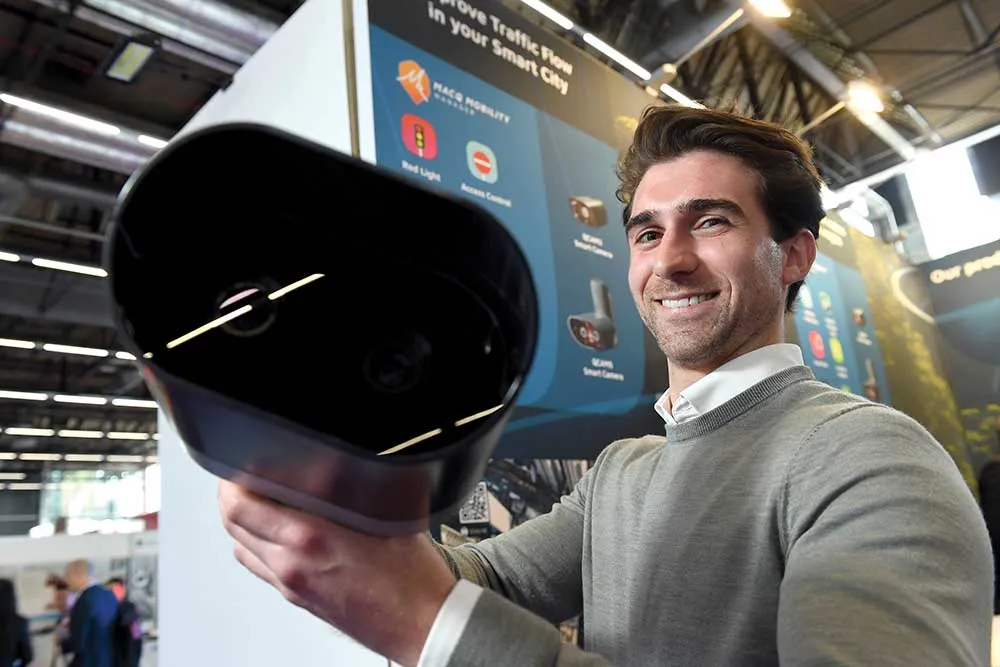PIPS Technology has launched SpikeletSP, a solar-powered ANPR (Automatic Number Plate Recognition) camera, designed to be powered from a single solar panel for an unlimited period of time. The device is a fully integrated number plate recognition unit incorporating the camera(s), illuminator, data and image processing within a single sealed enclosure. Wireless IP connectivity over GPRS, EDGE or 3G can be provided by fitting an optional modem, making SpikeletSP truly wireless without the need for power or co
February 2, 2012
Read time: 1 min











